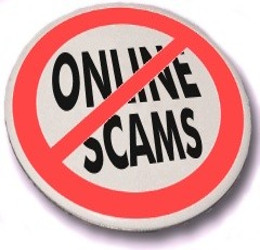Scam in the stock exchange the stock leader was prisond in to the 8 year
The ringleader of a $20 million phony stock-tip scam was sentenced to eight years in prison on Tuesday in the latest, and most severe, punishment to come out of what prosecutors called a classic "boiler-room" fraud.
Kenneth Marsh, 44, pleaded guilty in April to one count of securities fraud. He was the owner and CEO of Gryphon Holdings, which operated as Gryphon Financial from 2005 to 2010, an investment-advisory services company based in a strip mall on Staten Island.
At the hearing before U.S. District Judge Jack Weinstein in Brooklyn federal court, Marsh, who was already in custody, sat beside his mother and his lawyer, Alan Futerfas.
Futerfas argued for a five-year sentence, pointing to the much shorter terms Weinstein imposed on the other Gryphon defendants, including Marsh's ex-wife, Nicole, who was equally culpable, Futerfas said, but received just three months.
Weinstein said he sentenced Nicole Marsh to a lesser term because she is the caregiver for the couple's three-year-old son.
Roger Burlingame, the Assistant U.S. Attorney, argued that even 10 years in prison would be a significant departure from the 25-year maximum that Marsh faced under the federal sentencing guidelines. The prosecution had recommended Marsh receive a sentence of 11 to 14 years.
"There's hundreds of victims who lost life savings," Burlingame said. "The defendant has shown absolutely no acceptance for his crime."
'HEART-WRENCHING STORIES'
Weinstein originally indicated he was considering a five-year sentence for Marsh, but after hearing the testimony of several victims of the scam, he said he was persuaded to consider a 10-year sentence over the objections of Marsh's lawyer.
"This defendant victimized over 5,000 people," Weinstein said in handing down the sentence, adding that the victims "told heart-wrenching stories."







